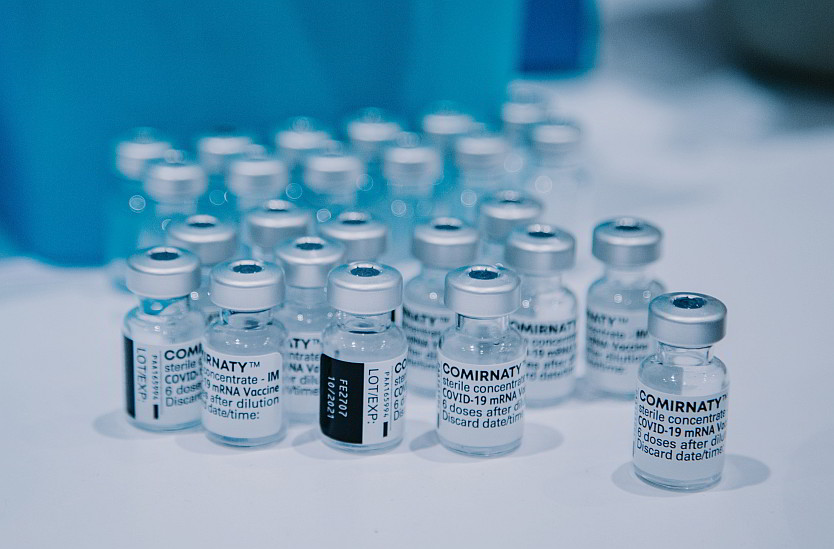News Update
New provisions will come into force on 25 November 2011 in the ACT requiring persons convicted or found guilty of a drink or drug driving offence on or after that date to complete an approved alcohol and drug awareness course in order to retain or regain their driver licence.1
What is Drink Driving (Impaired Driving)?
Whilst the government has campaigned vigorously against drink driving, few people know what a drink driving charge actually entails. The Road Transport (Alcohol and Drugs) Act 1977 governs the offence of driving under the influence of an intoxicating substance in the ACT, whilst in NSW the relevant legislation is the Road Transport (Safety and Traffic Management) Act 1999.
How much can I drink before driving?
In NSW and the ACT, if you have a full licence you must have under 0.05 grams of alcohol in 100 millilitres of the blood. In both states, provisional licence holders must not have any alcohol in their blood.
When do police have the right to breathalyse?
In both the ACT and NSW, if a person is driving a car or if the police have a reasonable suspicion that a person has just driven a car, the police have the right to request a breath test.
In the ACT, the police can only breathalyse a person within two hours of the person driving a car. This means that if an accident has occurred, the police must be on the scene and breathalyse a person within two hours of the time of the accident.
Interestingly, in NSW, police do not have the power to breathalyse someone “at that person’s place of residence”.
If a person refuses to undergo a breath test whilst driving on ACT roads, they can be taken into custody and fined a maximum of $3,300. In NSW, police also have the power to arrest a person who fails to provide a breath sample, and that person can be fined $3,000 or imprisoned for 18 months for a first time offence.
What if I am over the limit?
If an initial breath test indicates that you are over the prescribed limit, you will be taken to a police station in order for a breath analysis to be performed. If this analysis shows you are over the limit, you will be charged accordingly.
In the ACT, if a person found to be driving a car whilst over the allowed blood alcohol level, penalties which may be imposed by the court include fines from $550 to $2,200, imprisonment in jail from 6 to 12 months and licence disqualifications from1 month to 5 years.
The severity of punishment will depend on whether the person is a first time offender, the blood alcohol reading, the person’s criminal history (if any) and personal circumstances.
There are further Charges that can be laid if a person is visibly under the influence of drugs or alcohol or if intoxication has caused culpable driving.
If I am disqualified from driving, can I get a work licence?
Work licences or restricted licences are only available in the ACT ie for people who hold ACT drivers licence and have been convicted of drink driving in the ACT.
In short, a few too many drinks and a poor decision to drive could result in a criminal conviction, a hefty fine and a disqualification from driving.
For information contact:
| Matthew Bridger | e: mbridger@elringtons.com.au | p: 02 6206 1300 |
_______________________________________________________
1. Impaired Road Users – Act Government and Municipal Services








